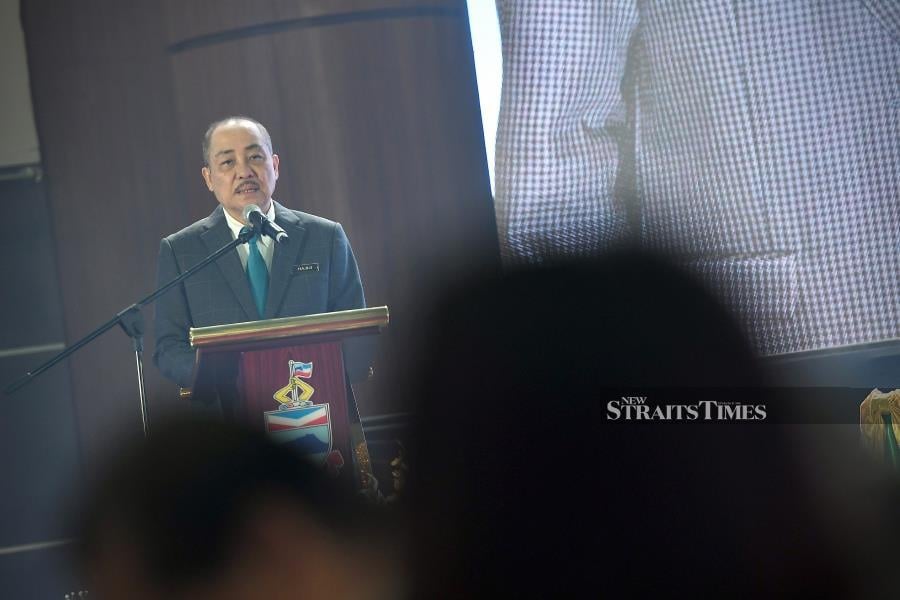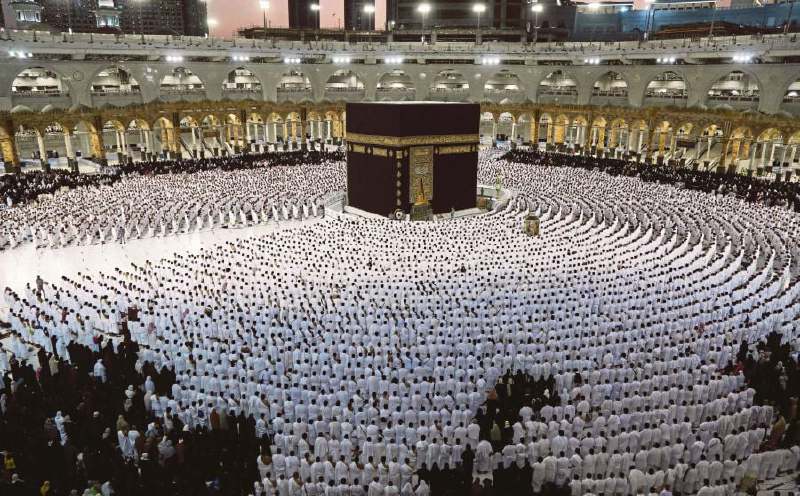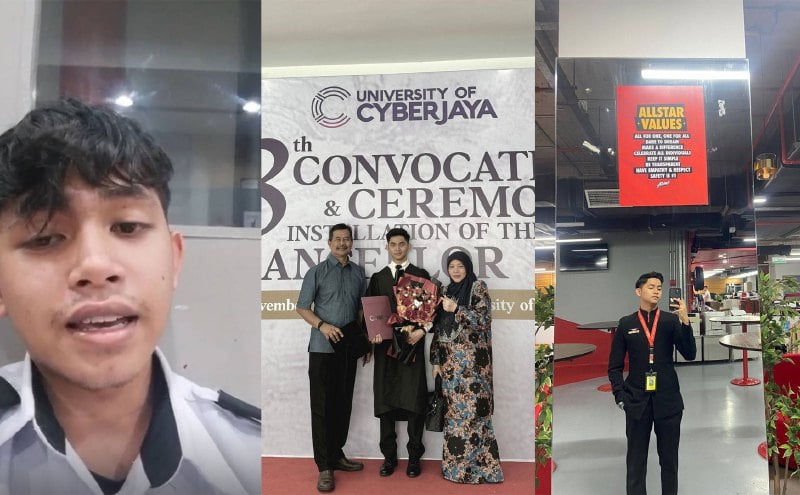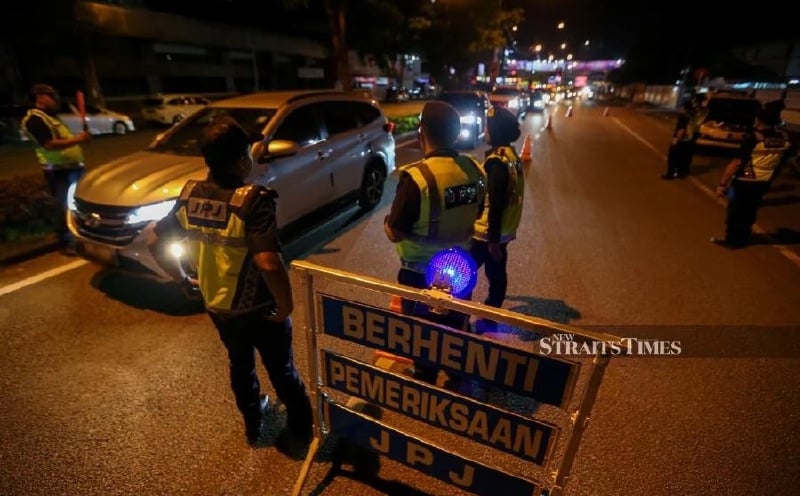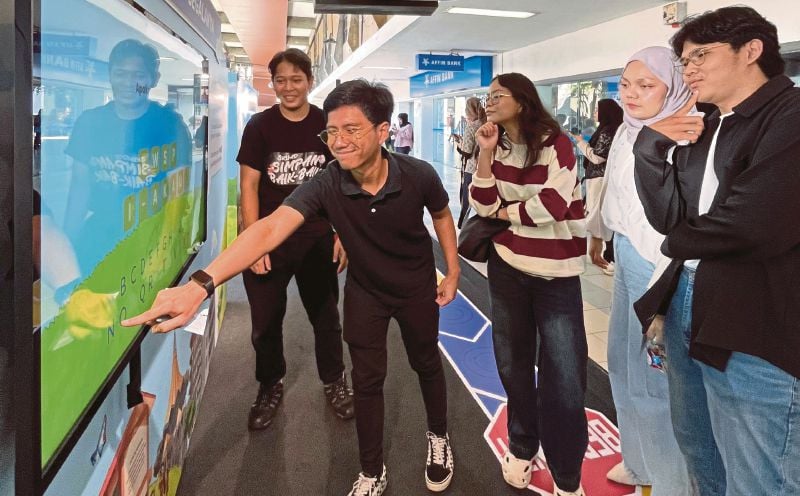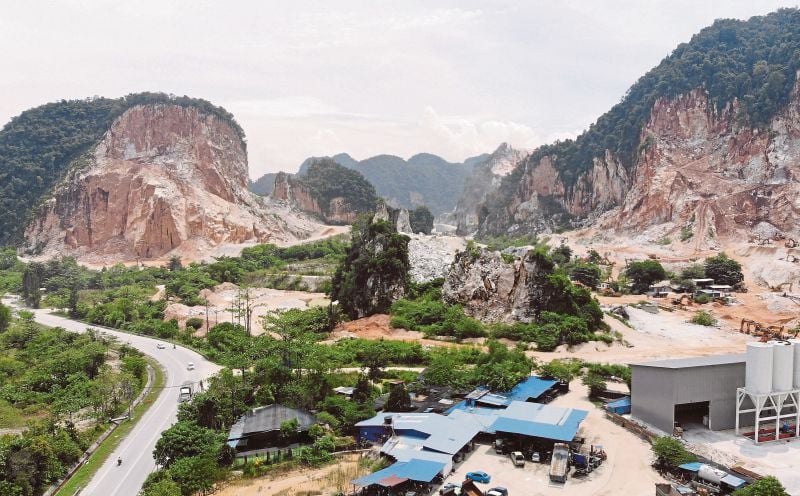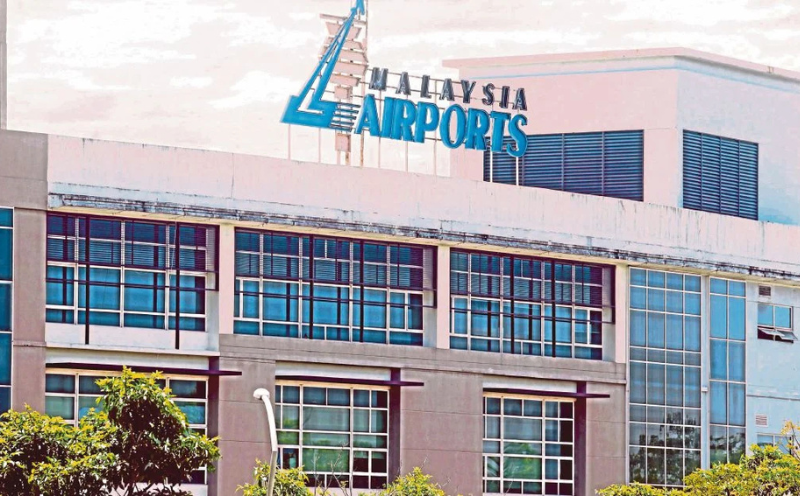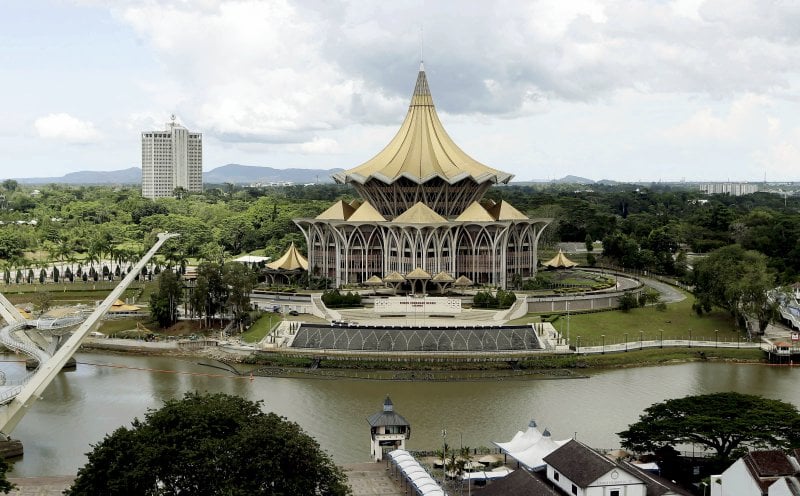KOTA KINABALU: Sabah is targeting a dependable power supply, with equal access and comprehensive coverage at an affordable price.
This was revealed during the launching of the Sabah Energy Roadmap and Master Plan 2040 (SE-RAMP 2040).
According to the master plan, the state would lay out seven specific targets to be achieved within the medium or long term.
By 2030, the state aspires to achieve below 100 minutes of System Average Interruption Duration Index (SAIDI), which is now about 300. The SAIDI in Kuala Lumpur is less than 50.
For the same timeframe, Sabah also aims to achieve 100 per cent rural electrification and achieve sustainable electricity tariff.
By 2050, subject to periodical review every 3 years, SE-RAMP 2040 also hopes to achieve a low carbon nation by 2040 and carbon neutrality by 2050.
The state's Sabah Power Development Plan also look into new energy technologies including utility scale battery energy storage system (BESS), small modular reactor and transitional fuels such as synthesis gas, hydrogen, ammonia, biofuel as well as geothermal, wind and tidal energy technologies.
Chief Minister Datuk Seri Hajiji Noor said the master plan was in line with the government's aspiration to continue making power accessible to the people while ensuring sustainability for the future of Sabah.
"It is also to complement the National Energy Policy launched last year, and the National Energy Transition Roadmap 2050 (NETR) launched in August this year.
"We know and realise that the power supply issue in Sabah has been plaguing the people for so long. The government is committed to address this legacy issue and make every effort to resolve it.
"This master plan is the pride of the state government because we will be able to chart our path to drive the gas and electricity supply sector development and since we are the ones who better understand our state's energy needs," he said at the launch.
Hajiji also reiterated that the state government would be taking over the regulatory authority on power supply and renewable energy from the federal Energy Commission and the Sustainable Energy Development Authority (SEDA), respectively on Jan 3, 2024.
He said by having total regulatory control of the energy sector in Sabah through the Energy Commission of Sabah (ECos), which has already been carrying out its duties as the onshore gas supply regulator, it would also regulate its electricity and renewable energy supply.
"This means the state government will be able to decide on matters involving enactment of laws, policymaking, electricity and renewable energy infrastructures in tandem with Sabah's holistic development plan.
"This plan will certainly pave the way for us to ramp up electricity supply for industry needs, and I want ECos to carry out its mandate to its best level for the benefit of the people and state," he said.
With the SE-RAMP 2040 in place, Hajiji said Sabah is also hoping to attract more investors to promote economic growth, create economic spillovers while providing job opportunities for locals.


